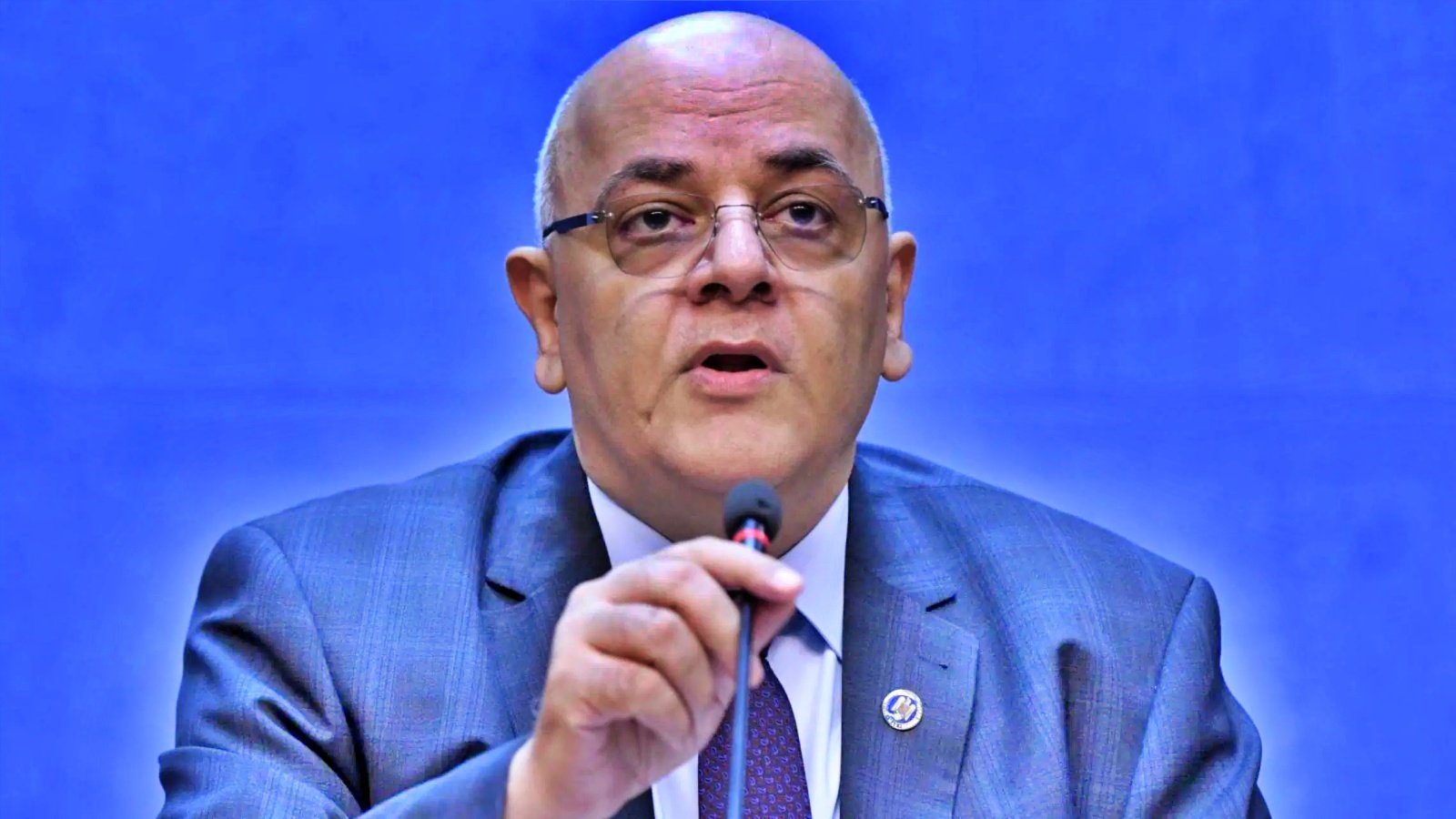Raed Arafat, seful DSU, vorbeste mai jos despre rolul institutiei pe care o conduce in coordonarea asistentei medicale de urgenta si a primului ajutor calificat in Romania, totul in contextul afirmatiilor noi facute de catre ministrul Sanatatii in cursul zilei de ieri.
As dori sa clarific cateva aspecte prevazute in Lege, dupa ce am vazut comentarii si interpretari care pun la indoiala rolul DSU.
Mai jos aveti extrase din doua acte normative, OUG 21/2004 cu modificarile ulterioare si OUG 1 din 2014 cu modificarile ulterioare.
Art2 lit a din OUG 21/2004 cu modificarile ulterioare prevede ca:
Situația de urgență – evenimente excepționale, cu caracter nonmilitar, care amenință viața sau sănătatea persoanei, mediul înconjurător, valorile materiale și culturale, iar pentru restabilirea stării de normalitate sunt necesare adoptarea de măsuri și acțiuni urgente, alocarea de resurse specializate și managementul unitar al forțelor și mijloacelor implicate;
Art I alin. 1 lit. a si b, si alin. 5^1 din OUG 1 / 2014 prevede:
(1) În cadrul Ministerului Afacerilor Interne se înființează Departamentul pentru Situații de Urgență, denumit în continuare Departamentul, structură operațională, fără personalitate juridică, cu atribuții de:
a) coordonare integrată, cu caracter permanent, la nivel național, a activităților de protecție civilă, de prevenire și gestionare a situațiilor de urgență, de asigurare a resurselor umane, materiale, financiare și de altă natură necesare restabilirii stării provizorii de normalitate, inclusiv de prim ajutor calificat și asistență medicală de urgență, în cadrul unităților și compartimentelor de primire a urgențelor, denumite în continuare UPU/CPU, precum și în cadrul structurilor SMURD și serviciilor publice de ambulanță, până la internarea în spital sau externarea din UPU/CPU;
b) elaborare, coordonare și evaluare metodologică a activității de formare profesională și de educație continuă în domeniul asistenței medicale de urgență și a primului ajutor calificat, în colaborare cu structurile specializate ale Ministerului Sănătății și ale celorlalte instituții sau structuri cu atribuții în domeniu;
(5^1) În vederea realizării atribuțiilor specifice, Departamentul are în componență structuri funcționale, care includ, fără a se limita, Direcția generală urgențe medicale, Direcția generală pentru protecție civilă și Direcția suport decizional.
Uitandu-ne la prevederile legale de mai sus, din definitia situatiei de urgenta, rezulta ca situatia de urgenta se refera la individ, la persoana, si nu neaparat la dezastru care afecteaza mai multe persoane. Faptul ca o persoana sufera un stop cardiac la domiciuliu, este o situatie de urgenta si necesita o interventie rapida si coordonata unde pot interveni mai multe resurse de la Pompieri-SMURD, Ambulanta si / sau de la aviatie cu elicopterele SMURD, daca astfel de situatie este in zona rurala sau greu accesibila.
Astfel, si activitatile curente, zilnice, deservesc situatii de urgenta care implica una sau mai multe persoane. Chiar daca vorbim de o singura persoana, resursele deplasate pot fi unele impresionante in incercarea de a salva viata persoanei respective. Cu alte cuvinte, insinuarea ca DSU intervine doar cand sunt calamitati si dezastre este inducatoare in eroare si reprezinta o abordare a celor care de multi ani incearca sa diminueze rolul DSU si a sistemului SMURD in acordarea primului ajutor si al asistentei medicale de urgenta.
Tot din articolele de mai sus se vede rolul dat Departamentului pentru Situatii de Urgenta in ce priveste “Coordonarea integrata , cu caracter permanent…. inclusiv de prim ajutor calificat si asistenta medicala de urgenta… pana la internarea in spital sau externarea din UPU/CPU” ce nu lasa loc pentru interpretari individuale care vin cu ideea ca DSU se ocupa numai cand este un dezastru sau o calamitate dupa care se baga la naftalina pana apare urmatorul dezastru sau calamitate.
Din alin. 5^1, rezulta ca leguitorul, inca de la inceput, a dat DSU in componenta sa o directie generala cu un scop precis, si anume “Urgente Medicale”, astfel directia respectiva se ocupa de urgentele medicale per ansamblu la nivel de prespital si de UPU/CPU pana la internarea pacientului in spital sau externarea acestuia din UPU/CPU.
Sunt multe aspecte de clarificat, insa cel de mai sus, referitor la DSU si rolul acestuia in coordonarea asistentei medicale de urgenta si a primului ajutor calificat, este unul dintre cele care au fost puse pe tapet de mai multe ori in ultima perioada de catre cei care doresc sa dezintegreze un sistem integrat care este FUNCTIONAL!






















